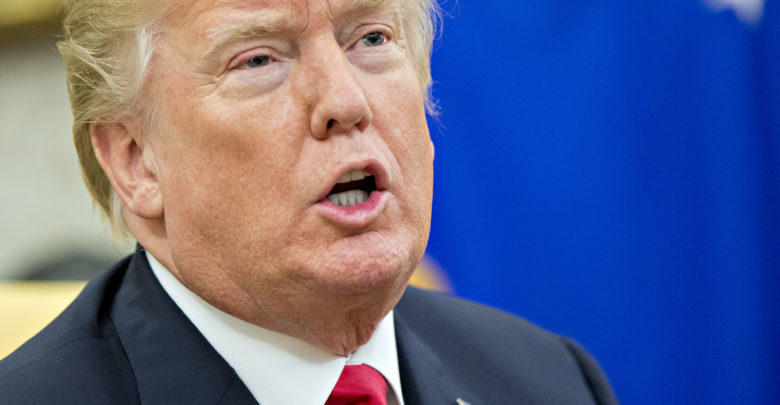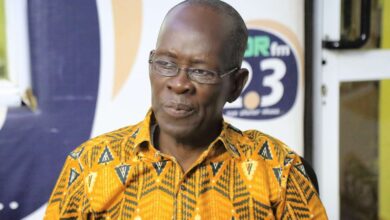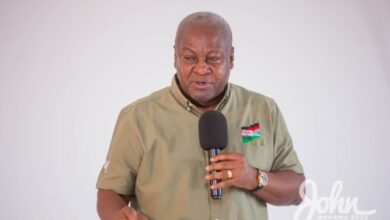
Trump, who has seized on Barr’s comments to say he has been totally “exonerated” by Mueller, spent the eve of the report’s release attacking the Mueller probe and firing up his rebuttal.
“You’ll see a lot of very strong things come out tomorrow,” Trump said on WMAL’s “Larry O’Connor Show.”
“Attorney General Barr is going to be giving a press conference and maybe I’ll do one after that, we’ll see. But he’s been a fantastic attorney general. He’s grabbed it by the horns,” Trump said.
The Justice Department later said that it, and not the President, decided that Barr would hold a news conference.
Trump announced Wednesday that his handpicked Attorney General William Barr will hold a press conference on the report at 9:30 a.m. ET on Thursday. Officials said that the report would not be released to Congress until after Barr’s appearance, during the 11 a.m. ET hour. Trump said he may well follow up with his own news conference, as part of what looks like a clear effort to cement initial and crucial first public perceptions of the report.
And The New York Times reported on Wednesday that there had been numerous conversations between the White House and the Justice Department ahead of the release of the Mueller report.
The consultations helped Trump’s legal team prepare its defense against the report ahead of the political showdown that is likely to develop over its contents, the paper said.
Democrats quickly expressed alarm that Barr will speak before the report is delivered to Congress, a move that would offer the attorney general a significant advantage and condemned the reported consultations between the White House and the Justice Department.
The two top Democratic leaders on Capitol Hill, House Speaker Nancy Pelosi and Senate Minority Leader Chuck Schumer, called on Mueller to publicly testify “as soon as possible.”
“Attorney General Barr’s regrettably partisan handling of the Mueller report, including his slanted March 24th summary letter, his irresponsible testimony before Congress last week, and his indefensible plan to spin the report in a press conference later this morning — hours before he allows the public or Congress to see it — have resulted in a crisis of confidence in his independence and impartiality,” the two leaders said in a joint statement Thursday morning.
Democratic House Judiciary Committee Chairman Jerry Nadler joined four other Democratic committee chairs in demanding Barr cancel his scheduled press conference, calling it “unnecessary and inappropriate.” The committee chairs objected to the Justice Department reportedly briefing the White House on Mueller’s work before Congress
The fast-breaking developments on Wednesday evening significantly raised political tensions ahead of a landmark day in American political history.
The administration’s plan appears to be the latest attempt by Barr to set the political narrative about the report — which he has seen and the public and Congress haven’t — in the President’s favor.
Last month, Barr told Congress in a letter that Mueller did not establish Trump or his aides coordinated with Russia in its election meddling effort in 2016.
He also concluded that there was not sufficient evidence to show that Trump obstructed justice, after Mueller decided not to make a final determination on the question in his report.
But since Barr has yet to release the report or its underlying evidence, there is no way for outsiders to judge whether his characterization is fair and correct.
It’s possible that the report could completely vindicate Barr and reveal Democratic complaints about the release process as unwarranted. But the events on Wednesday significantly increased pressure on the attorney general, and put his reputation as a neutral arbiter of justice on the line.
Barr’s decision to hold a press conference is also likely to draw comparisons with former FBI Director James Comey’s decision to go before the cameras to explain his decision not to charge Democratic nominee Hillary Clinton over her private email server. Comey, who was later fired by Trump, nevertheless heavily criticized Clinton, leading to charges that he interfered in the political process.




